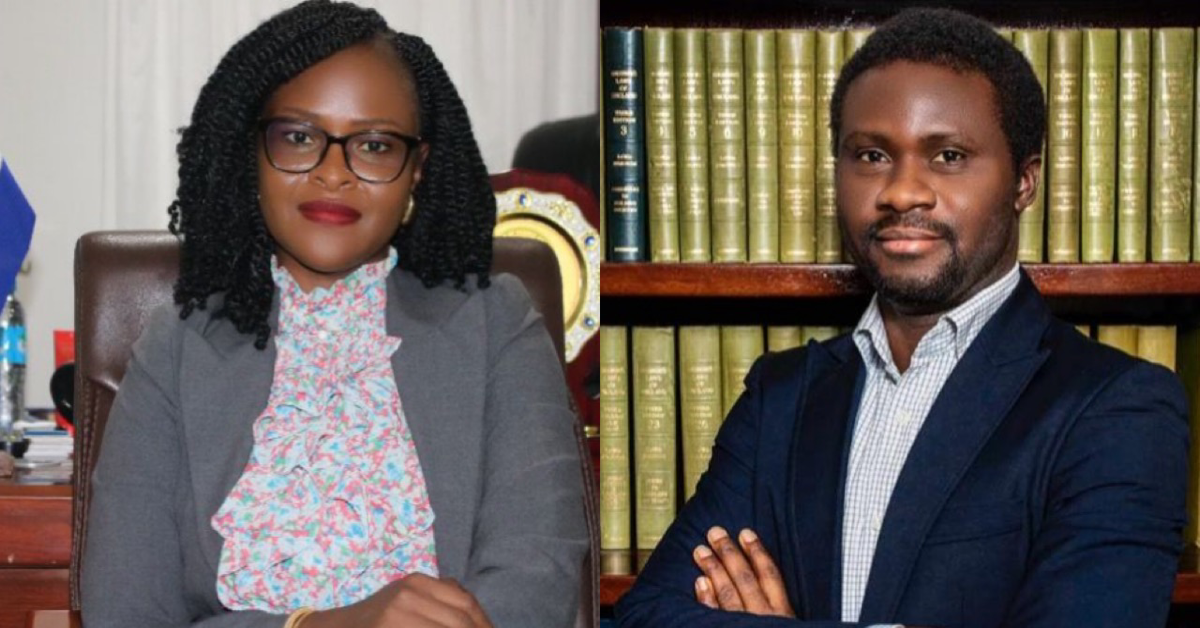In response to the sudden dissolution of the University of Sierra Leone Court by the Ministry of Technical and Higher Education, Augustine Sorie-Sengbe Marrah, a prominent lawyer and social activist, expressed his concerns regarding the potential consequences of such executive actions.
Marrah conveyed his deep apprehension, cautioning, “The executive dissolution of the University Court raises fears that one day the Minister of Internal Affairs might similarly dissolve or disband the Sierra Leone Police.” His remarks underscored the gravity of the situation, emphasizing the imperative to protect institutions from arbitrary dissolution.
Stressing the significance of due process, Marrah asserted, “Institutions established by Parliament should not be subject to executive whims. Parliamentary-prescribed due process exists to prevent chaos and crises.” His emphasis on adhering to established parliamentary procedures reflects a dedication to upholding the rule of law and avoiding potential disorder arising from unchecked executive authority.
In a broader context, Marrah expressed worries about the perceived diminishing honor of Parliament, stating, “We acknowledge that our parliament may be losing its honorable status, but it should not lose its constitutional standing.” This statement implies a plea for the preservation of parliamentary authority and serves as a reminder that constitutional frameworks should endure, even amid evolving political dynamics.
The dissolution of the University Court prompts inquiries not only into the specific circumstances surrounding its disbandment but also into the wider implications for institutional integrity in Sierra Leone. Marrah’s outspoken reaction indicates a growing awareness among legal and social activists of the necessity to uphold democratic principles and ensure that executive actions align with established legal frameworks.
As Sierra Leone faces these institutional challenges, Augustine Sorie-Sengbe Marrah’s words call for a reevaluation of the approaches used to tackle issues within the country’s educational and administrative institutions, serving as a rallying cry for action.











